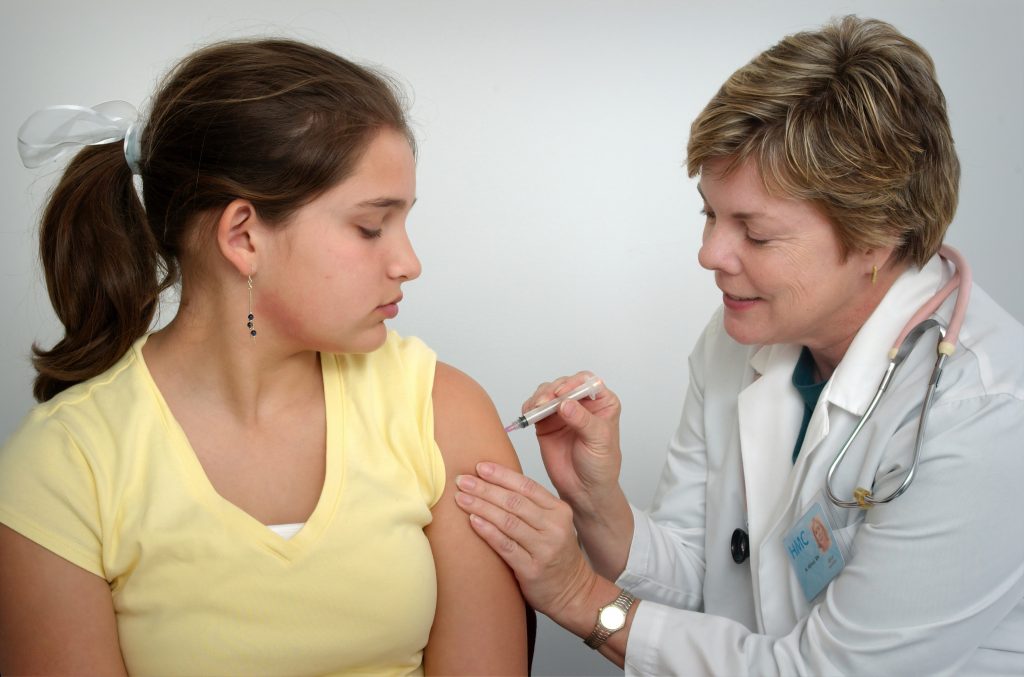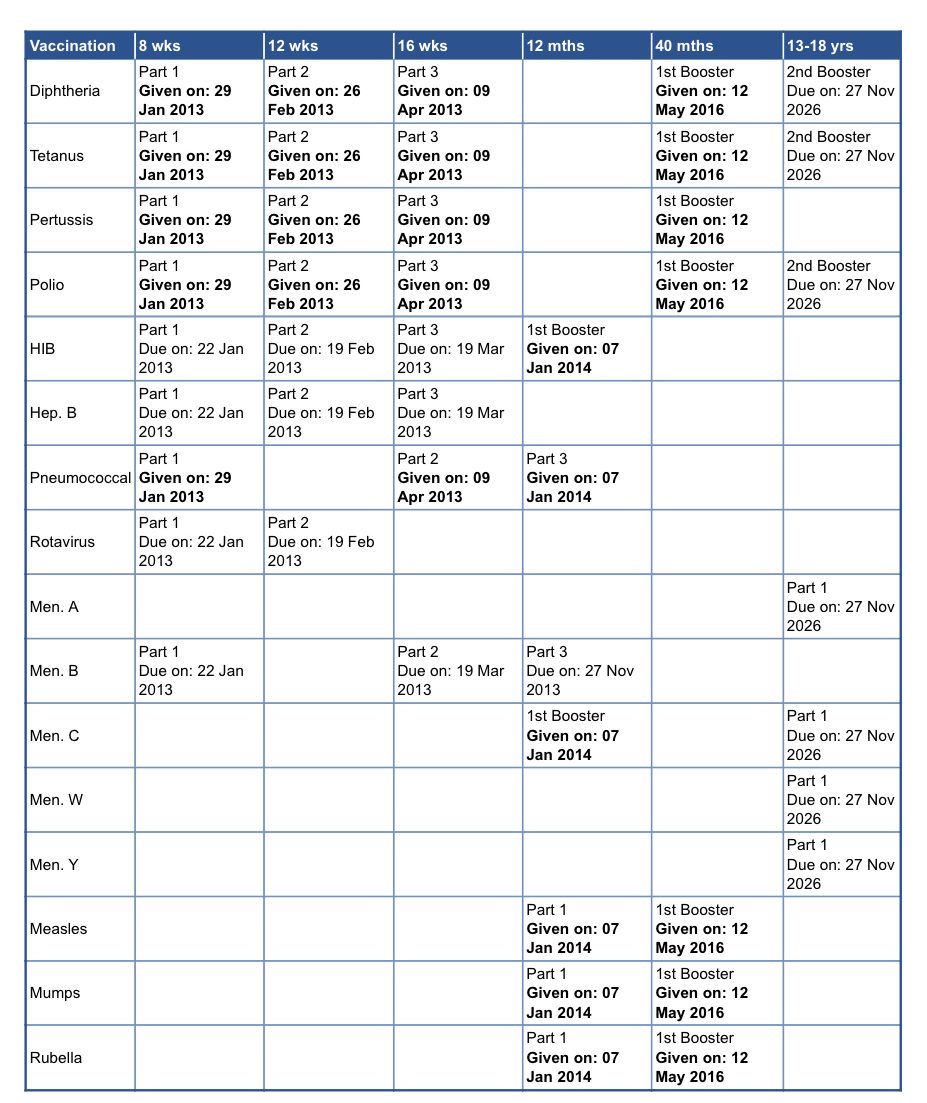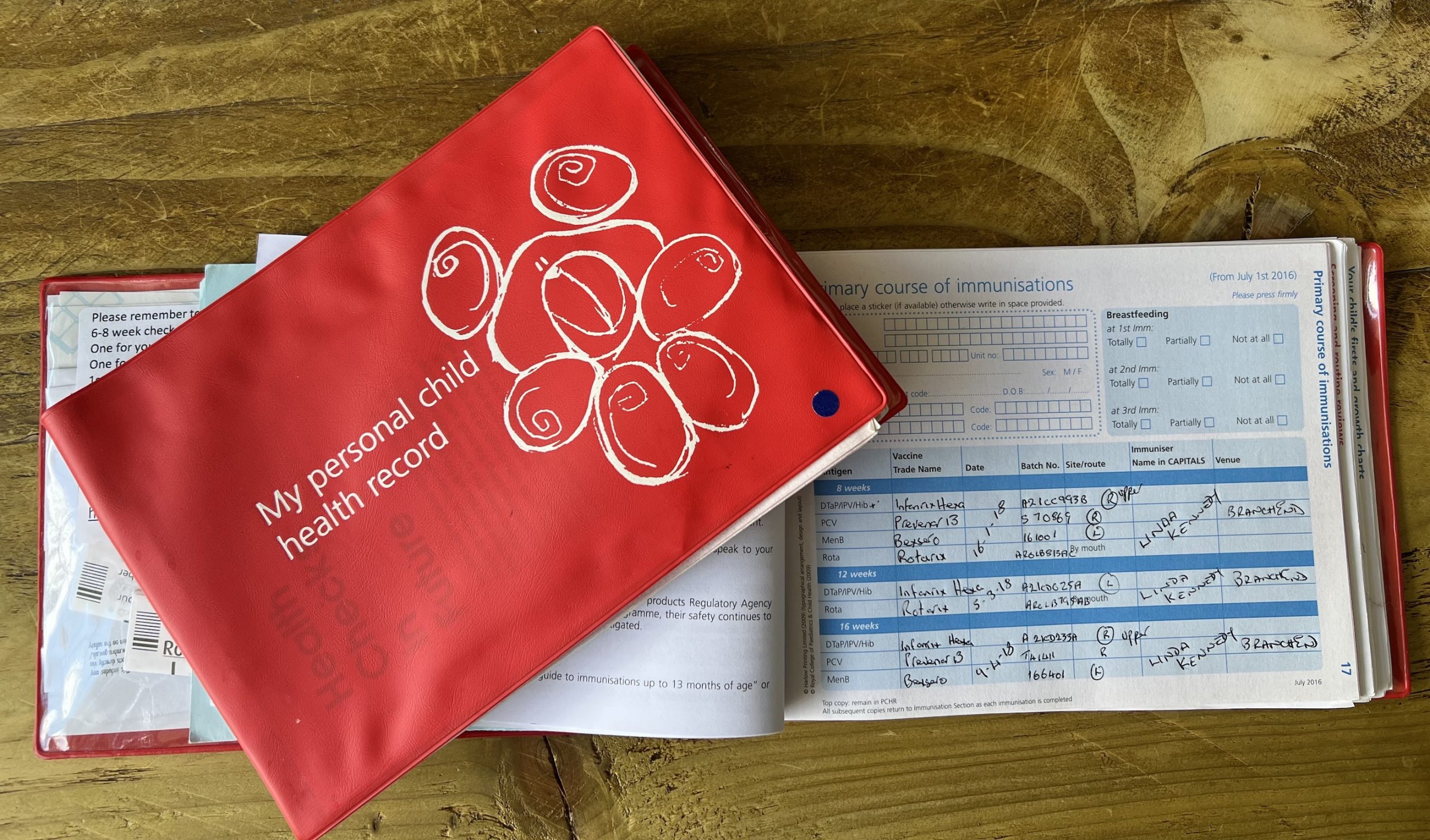Starting University or College? Check your vaccinations are up to date.
In the second of our vaccines series, we’ll focus on why catching up on missed vaccinations is essential.
The first part covers vaccine history, success and scepticism, and the UK vaccine schedule.
The three vaccines discussed in this article are all acronyms – HPV, MMR and MenACWY. We’ll go through what those names mean and why catching up on any of these jabs is vital, especially if you are about to start college or university.
Read through or jump to sections using the buttons below.
Starting College or University?
We know from our shared experience of the last few years that viruses can spread quickly and easily when large groups are together.
When schools, colleges and universities start their new academic years, there are inevitably many people coming together from different areas or countries.
This can make it easier for viruses to spread, especially in higher education when people live together and use shared spaces like university halls.
You might have heard it referred to as ‘Freshers’ Flu’ when many new students catch coughs and colds at the start of their first term.

These common bugs are typically short-lived and mild. But people can be exposed to potentially more serious illnesses if they missed any childhood vaccinations.
The good news is that it’s not too late, and if certain jabs have been missed early in life, you can catch up and make sure you start your next chapter in the best possible health.
MMR – Measles, Mumps and Rubella
We recently posted a story about the importance of the MMR vaccine against a background of rising measles cases in the UK.
The MMR vaccine needs two doses, generally given before you turn 4. This provides about 99% protection against infection.
Vaccination rates against measles have fallen in recent years, with up to 2 in 5 children unprotected in some areas of the country.
If you or your child missed an MMR vaccine, it’s not too late to catch up.
First, check your ‘red book’ for records of vaccinations to be sure. You may also see all childhood immunisations in your online records.
Second, if one or both doses are missing, please get in touch with us straight away.
HPV – Human papillomavirus
HPV is the name for a group of viruses that cause types of genital warts and cancer.
Most notably, nearly all cases of cervical cancer are caused by HPV. This is why cervical screening tests for the presence of HPV.
Vaccination against HPV is given in schools – to boys and girls at the age of 12 or 13.

HPV passes through skin-to-skin contact, most often through sexual activity.
In most cases, people will not know they have it unless it develops into a more severe condition.
Again, with new groups of people forming at college or university, protection against HPV is vital.
If you weren’t offered or missed the vaccine in school, it is free through the NHS up to your 25th birthday.
MenACWY – Meningitis
The name comes from the four strains of meningococcal bacteria – A, C, W and Y – that can cause meningitis and blood poisoning (septicaemia).
Meningitis can be very serious, even life-threatening.
The MenACWY vaccine is offered in school to Years 9 and 10. This is usually done simultaneously with the ‘3 in 1’ teenage vaccine (which boosts protection against tetanus, polio and diphtheria.)
Currently, around 1 in 8 new students are unprotected, so we encourage anyone who missed the jab in school to get a catch-up vaccination, which will be available up to the age of 25.
Checking Your Vaccination Record
It’s essential to check that your vaccinations are up to date.
Childhood vaccinations will have been recorded in your Personal Child Health Record or Red Book.


If the information isn’t there, or you no longer have the book, then there are other ways to check your vaccination history.
If you are registered for online services with your GP, you can check your immunisation history. If you have proxy access for a child, you can see their jabs, too. If you don’t have online access, please contact us.
